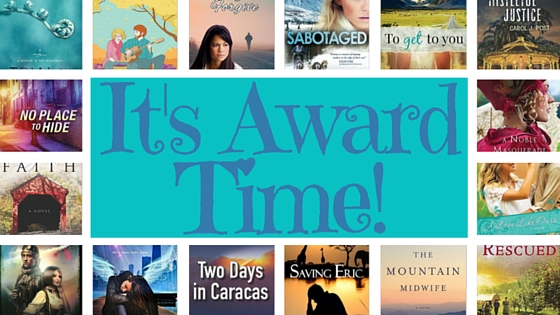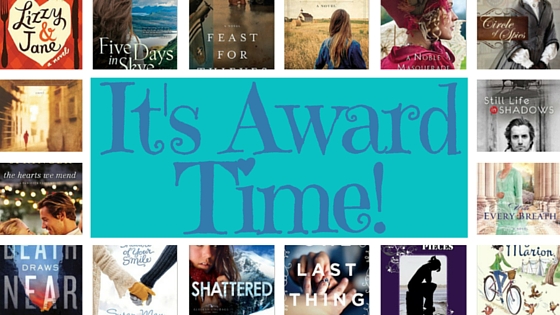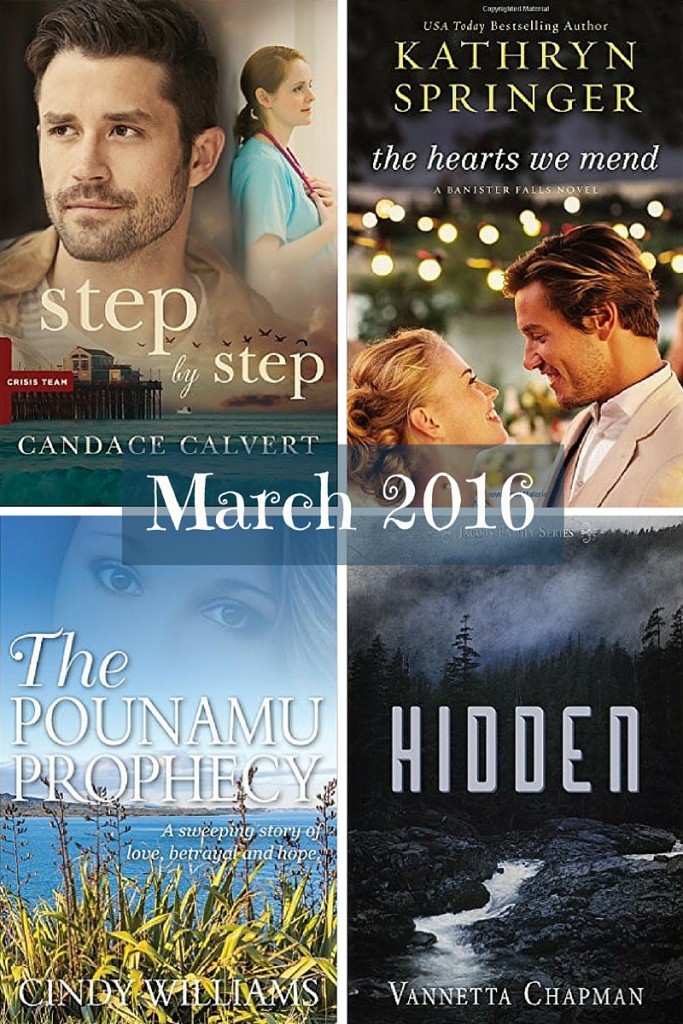
This review first appeared at Australasian Christian Writers.
I was asked to review Feast for Thieves months ago, and for some reason never got around to reading it. I was reminded of it again when I saw it was a finalist for the 2015 Christy Awards in the First Novel category, so thought I’d better open it up and see what I was missing.
I was hooked from the first page. And I don’t say that often.
Feast for Thieves begins with Crazy Ake and Rowdy Slater robbing the bank in the small town of Cut Eye, Texas, in the spring of 1946. It’s written in the first person, from Rowdy’s point of view, and right from that first line two things are evident. Marcus Brotherton can write. And Rowdy Slater isn’t your typical Christian fiction hero. After a near escape from death by drowning, Rowdy sees a vision …
Now, I’ve read other books with fantastic opening hooks which simply fizzled out after that one fast-paced and original scene. But Feast for Thieves just kept going. Rowdy decides to return the money, which causes the Sheriff of Cut Eye a few problems. Sure, it’s good that he solves the crime, but the expense of a trial is sure going to put a dent in the county budget, and his chances of re-election. And he’s got another problem: the town needs a preacher. So the Sheriff delivers Rowdy an ultimatum: spend a year as Cut Eye’s minister, or go to jail.
Rowdy knows nothing about God, preaching or running a church, but he knows enough about jail not to want to go back there. Besides, he’s got other problems, and he’s going to need a paying job to fix them. It’s an excellent plot, with lots of twists, yet all making perfect sense, and tied together with a cast of true characters.
Rowdy is an especially fascinating character. He’s a likable rogue, with a little too much rogue to make a good minister. But he has his own unique way of dealing with problems—serving in the Army during some of the toughest battles means he probably knows more about human nature than many preachers.
But what really made Feast for Thieves stand out from the opening line was the voice. Rowdy isn’t an educated man, and his language is earthy (but stops short of being vulgar). What makes him unique is his vocabulary and way of speaking—I could hear every word in that Texan accent, yet there wasn’t a single misspelled word to indicate accent.
There was an Author’s Note at the end in which Brotherton explained how he developed Rowdy’s voice, and it took extensive research and a deep knowledge of the time and place. It took a lot of effort to make Rowdy’s voice seem this easy and this authentic. Writers, if you are ever looking for a way of expressing dialect without apostrophes and misspellings, read Feast for Thieves.
Men, if you’ve been bemoaning the fact that too many Christian novels are sappy romances (especially Amish romances!), read Feast for Thieves. While I’m not a betting man (well, I’m not a man at all, not that you could tell based on the spam email I receive), I’d say even your non-Christian friends would enjoy this one.
But it’s not all manly stuff. There is a solid and real Christian message in here, and even whispers) a little romance. I can absolutely see why Feast for Thieves was nominated for a Christy Award. Recommended.
Thanks to River North fiction for providing a free ebook for review. You can find out more about Marcus Brotherton at his website (and make sure to read his article on why men need to read more fiction). You can read the first chapter here:











